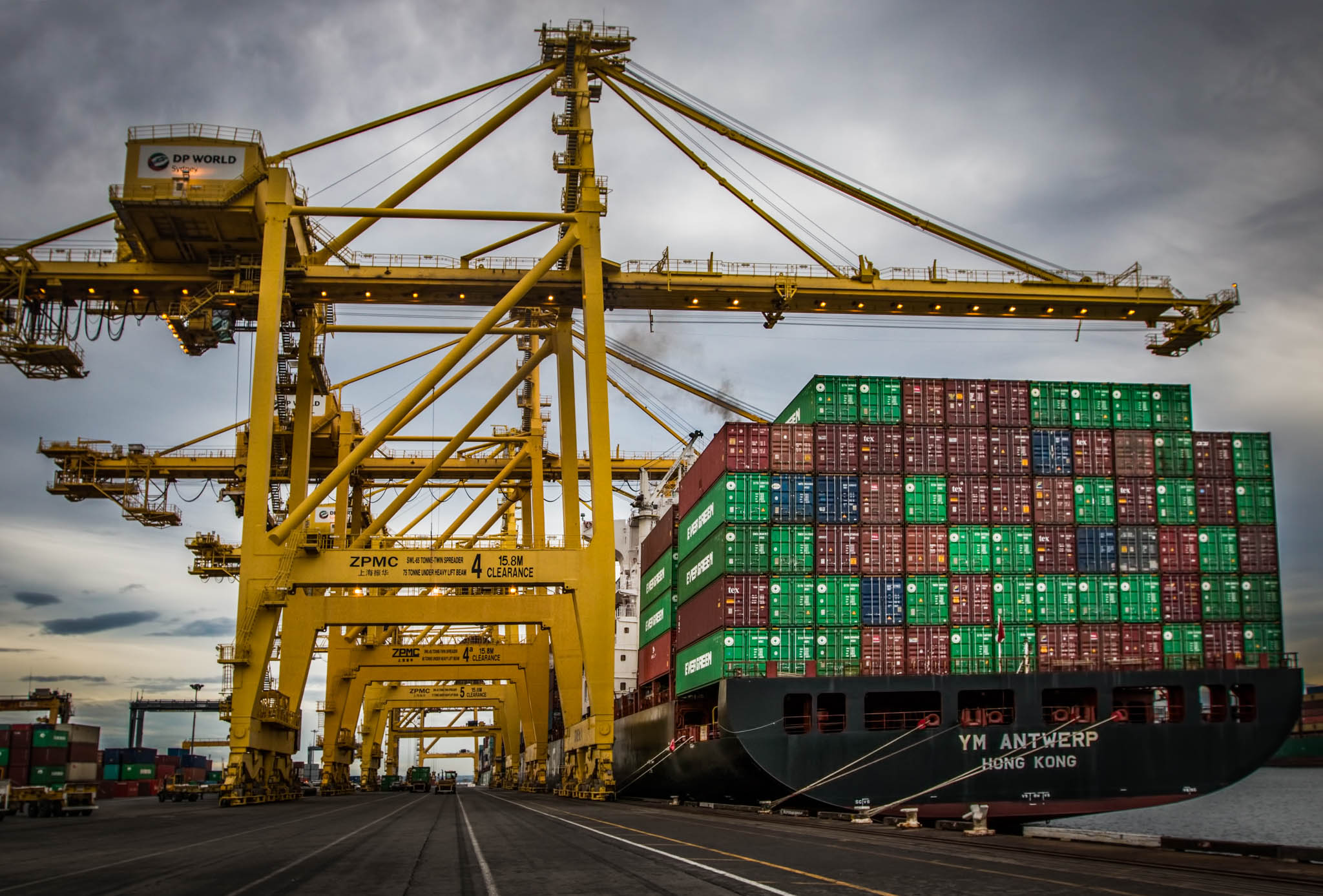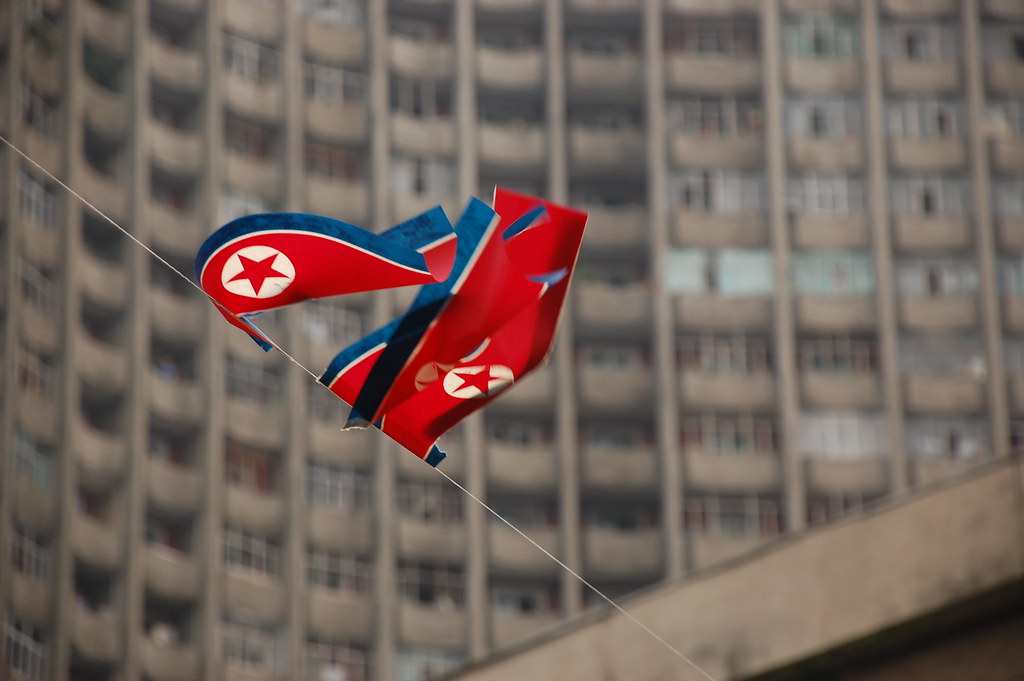With the African Growth and Opportunity Act set to expire, Washington’s paralysis risks eroding U.S. economic influence in Africa, undermining access to critical minerals, and handing Beijing a strategic opening. Framing renewal as a tool in the U.S.-China rivalry could unlock bipartisan support, but without swift action, America signals retreat from one of the world’s fastest-growing regions.
September 30, 2025, marks yet another critical deadline for the African Growth and Opportunity Act (AGOA), which was last renewed in 2015 by the Obama administration and has been in effect for a total of twenty-five years since its inception in 2000 by the Bill Clinton administration. AGOA has been very pivotal to US-Africa trade relations and may expire without a renewal at the end of this month. In anticipation of this deadline, a bipartisan bill (AGOA Renewal and Improvement Act) was introduced by Senators Chris Coons (D-Delaware) and James Risch (R-Idaho) in April 2024 to extend the program to 2041. Despite the introduction of this bipartisan bill, the fate of AGOA remains uncertain in the face of seismic shifts in American trade policy with Africa and the rest of the world. The consequences of inaction on the bill would be severe, undermining American economic influence, African development, and shared geopolitical interests.
The Cost of AGOA Expiration
Since its inception in 2000, AGOA has granted duty-free access to the U.S. market for thousands of products to over 41 African countries, currently 32 of which are eligible. It has boosted trade from approximately $24 billion in 2002 to over $104.9 billion in 2024. Over the years, AGOA has been a strategic component of US economic statecraft, fostering economic ties with the rapidly growing African continent while countering the dominance of China and Europe. The initiative enhances economic diversification for the United States by broadening its supplier base and reducing its dependency on concentrated import sources, particularly for strategic commodities. This diversification strategy proves especially valuable in securing access to critical raw materials from African suppliers, such as cobalt and manganese, which are integral resources to emerging U.S. industries, notably electric vehicle manufacturing.
Nevertheless, the success of AGOA’s duty-free framework has not prevented the United States from losing ground to competitors in the broader African market, where it has scarcely kept pace with increases in China-Africa trade volumesin recent years. Against this backdrop, the surest way for the United States to reassert its trade dominance in Africa and frustrate any efforts to undermine this position is to maintain AGOA or amend it in a way that not only cements the U.S. trade interests in Africa but also realigns it with the goals and ambitions of the current American First Trade Policy. The termination or non-renewal of AGOA could have strategic backfire for the United States. Since AGOA requires participating nations to demonstrate “continual progress towards establishing a market-based economy,” ending the program would eliminate a key incentive for African countries to maintain market-oriented reforms. This creates a dangerous domino effect: African nations might retaliate against Trump administration tariffs by restricting American goods and foreign direct investment, while simultaneously abandoning their commitment to free-market principles.
Most critically, this would create significant trade opportunities that China stands ready to exploit, potentially allowing Beijing to expand its economic influence across the continent precisely when the U.S. is retreating from engagement. The stakes extend beyond immediate trade losses as it could accelerate Africa’s pivot toward Chinese economic partnerships at America’s expense, undermining long-term U.S. strategic interests in one of the world’s fastest-growing economic regions. This concern about China’s strategic positioning in Africa is not new, as U.S. policymakers have long recognised Beijing’s growing influence on the continent. In 2018, the Washington-based Stimson Center testified before the Senate Armed Services Committee that, despite the relatively limited scale of Chinese investment in Africa, this should not be interpreted as diminished substantive influence. Given China’s extensive involvement in Africa across nearly all domains relevant to American interests on the continent, China is poised to capitalise on any potential vacuum that may arise upon the termination or non-renewal of AGOA.
Much of the seminal literature on U.S.-China rivalry in Africa that emerged before Trump’s neomercantilist turn rarely considered how America’s sharp shift from free trade to protectionist America First Policy might either deepen or diminish the rivalry. This analytical gap has become increasingly significant as the Trump administration prioritises reducing trade deficits and pivoting from aid-based to trade-based relationships with African nations. Under this framework, any erosion of American market share in Africa, whether to China, Russia, or the broader BRICS coalition, directly undermines the administration’s core objective of achieving trade surpluses. The non-renewal of AGOA or failure to advance viable alternatives could tilt the trade pendulum away from America. The stakes in Africa have thus fundamentally changed. What was once primarily a competition for influence has become integral to America’s broader economic strategy, making African markets not just geopolitically important but economically essential to Trump’s domestic policy goals.
In February 2025, the Strategic Minerals Act was introduced in the U.S. Congress to secure a reliable supply of critical minerals through trade agreements and strategic partnerships. This new agenda was corroborated by an executive orderissued by President Trump on March 20, 2025. Africa is heavily endowed with critical mineral resources, which China essentially taps to bolster its position as a leading supplier of essential minerals globally. Reauthorising AGOA provides the U.S. with an opportunity to diversify its current supply chain and meet its urgent needs for rare and strategic mineral resources.
Congressional Paralysis and the Path Forward
AGOA’s potential demise stems from Washington’s political gridlock. Trade policy has become increasingly polarised, with some lawmakers sceptical of trade preferences and others advocating for stricter eligibility criteria based on democracy and human rights. Most African countries have already been severely impacted by the recent reciprocal tariffsimposed by the Trump administration, and any further congressional delays to AGOA would send a clear signal that the U.S. is ceding its economic ground to its strategic rivals, such as China. Thus, reaffirming some existing scholarly position that Africa may not be a U.S priority.
The key to securing bipartisan support may lie in reframing the renewal of AGOA within the broader context of the U.S.-China strategic competition in Africa. This framing has demonstrated considerable potential for garnering bipartisan congressional support, as evidenced by recent legislative precedents. The bipartisan backing for measures such as theRestoring Trade Fairness Act and the FIGHT China Act illustrates Congress’s willingness to transcend partisan divisions when addressing perceived Chinese economic competition. This strategic repositioning of AGOA renewal, from a traditional development assistance framework to a tool of great power competition, aligns with contemporary congressional priorities and could provide the necessary political impetus to overcome partisan gridlock. A short-term extension would buy time for a more modernised US-Africa trade framework. In a worst-case scenario where AGOA is not reauthorised after September 30, 2025, the U.S would have to rely on other development finance tools to reaffirm its commitment to Africa. The clock is ticking, and the cost of congressional inaction on AGOA will be substantial, not just for beneficiary countries in Africa but also a test of America’s leadership and strategic alliances.
Baffour Agyeman Prempeh Boakye is a PhD Candidate in the Department of Political Science and International Relations at the University of Delaware. His research interests include US-Africa relations, African politics, and Democracy. He can be reached via baffour@udel.edu
Dr. Daniel Abankwa is an Assistant Professor in the Department of Political Science and Public Affairs at Western Carolina University. He specialises in International Political Economy (with a regional focus on Africa). More specifically, he is interested in China-Africa economic relations, neoliberalism, and state capitalism. He can be reached via dabankwa@email.wcu.edu
This article is published under a Creative Commons License and may be republished with attribution.





